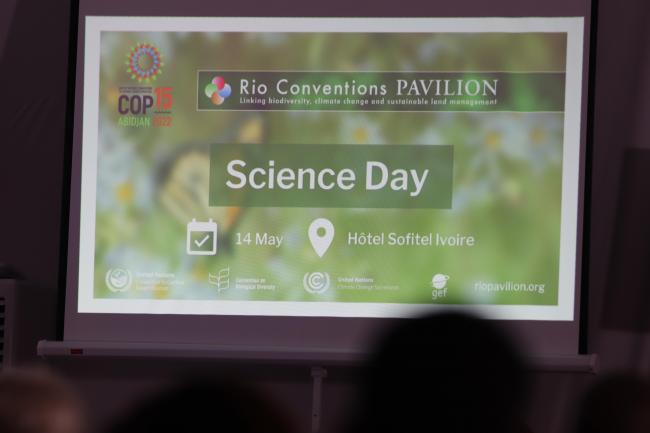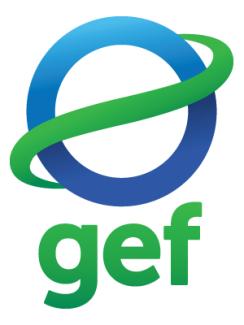The Science-Policy Interface (SPI) of the UN Convention to Combat Desertification (UNCCD) promotes dialogue between scientists and policymakers on desertification, land degradation, and drought. It aims to provide independent scientific perspective from a range of relevant disciplines to the UNCCD, taking into account regional and global issues and policy considerations. The SPI’s mandate is to provide the UNCCD's Committee on Science and Technology (CST) thematic guidance on knowledge requirements for implementing the Convention.
More specifically, the SPI translates current science into policy-relevant recommendations from the assessment and synthesis of current science, including collaboration with—and leveraging the products of—other scientific panels and bodies. It produces peer-reviewed technical reports as well as science-policy briefs to support policy development. It also conducts peer-review of other scientific assessments and science-based communications while engaging with the larger scientific community about the UNCCD’s scientific knowledge requirements and associated policy implications, encouraging relevant research.
The SPI was established in 2013 at COP 11, was renewed in 2017, and will be reviewed again in 2023 at COP 16.
Organized by the UNCCD SPI, Science Day at the Rio Convention Pavilion at UNCCD COP 15 brought together scientists, policymakers, practitioners, students, journalists, and representatives of civil society organizations and development agencies under the theme of Science for Action: Land Restoration and Drought—highlighting two important issues on the COP agenda.
The morning session focused on land restoration. Following an opening conversation between Barron Joseph Orr (Lead Scientist, UNCCD) and moderator Lukwesa Burak (BBC News Presenter) in front of a full audience, the first panel sessions addressed: harnessing the Theory of Change to shed light on pathways and barriers to a desirable future; restoration of degraded cocoa landscapes in Côte d’Ivoire; and the regreening of African drylands.
The next panel focused on improving the collection and sharing of data to shape policy more effectively, including through:
- the Group on Earth Observations Land Degradation Neutrality Initiative (GEO-LDN) and supporting countries in monitoring land for planning and implementing LDN;
- monitoring tree cover across Africa’s Great Green Wall; and
- innovative multidimensional and multiscale assessment methods to foster agroecological transition to restore the multifunctionality of land.
The session also featured a discussion with young scientists and entrepreneurs, touching on their current research and business models as well as their aspirations. It focused on: capacity development and stakeholder engagement on biodiversity and land at the science-policy-practice interface in Africa; the Global Landscapes Forum Restoration Stewards; and a PhD programme aimed at strengthening national scientific capacities in developing countries to combat desertification and drought.
The afternoon session was devoted to drought, with the first panel addressing the implications for drought risk found in the Sixth Assessment Report of the Intergovernmental Panel on Climate Change and gender perspectives with respect to governance and drought.
On measuring progress toward drought resilience, discussions focused on:
- the SPI’s assessment report on the resilience of ecosystems and communities to drought;
- the case of drought monitoring and management in Italy in the frame of the European Directive on Water Resources;
- drought resilience through agroecological approaches and the case for better support for community-based initiatives in drylands; and
- understanding drought resilience with LandPKS, a mobile app that helps users discover the potential of their land and monitor change over time.
A final panel discussion explored nature-based solutions (NbS) for drought risk reduction. It focused on: investing in NbS for drought; drought relevant sustainable land management practices; NbS and the Convention on Biological Diversity; and NbS in the Volta Basin Flood and Drought Management Project.
Joining the Rio Conventions Pavilion remotely from Belfast throughout the sessions, visual artist Stéphanie Heckman presented artwork created from the ideas, statements, and calls to action at the end of the day.
The Rio Conventions Pavilion is taking place from 10-18 May on the sidelines of UNCCD COP 15 in Abidjan, Côte d’Ivoire.
All ENB photos are free to use with attribution. For Rio Convention Pavilion events during UNCCD COP15, please use: Photo by IISD/ENB | Matthew TenBruggencate.
To receive free coverage of global environmental events delivered to your inbox, subscribe to the ENB Update newsletter.








































